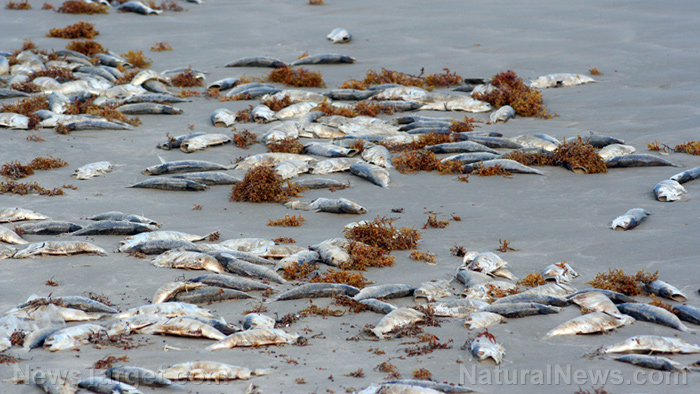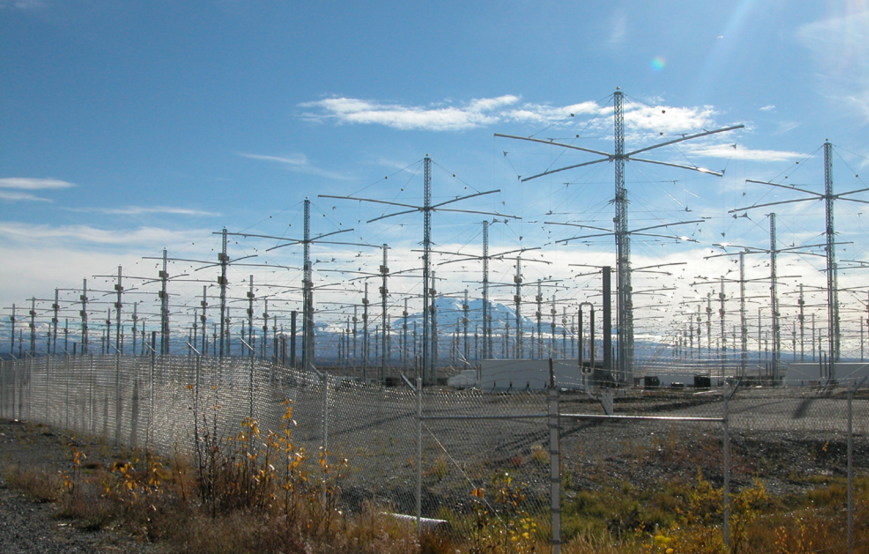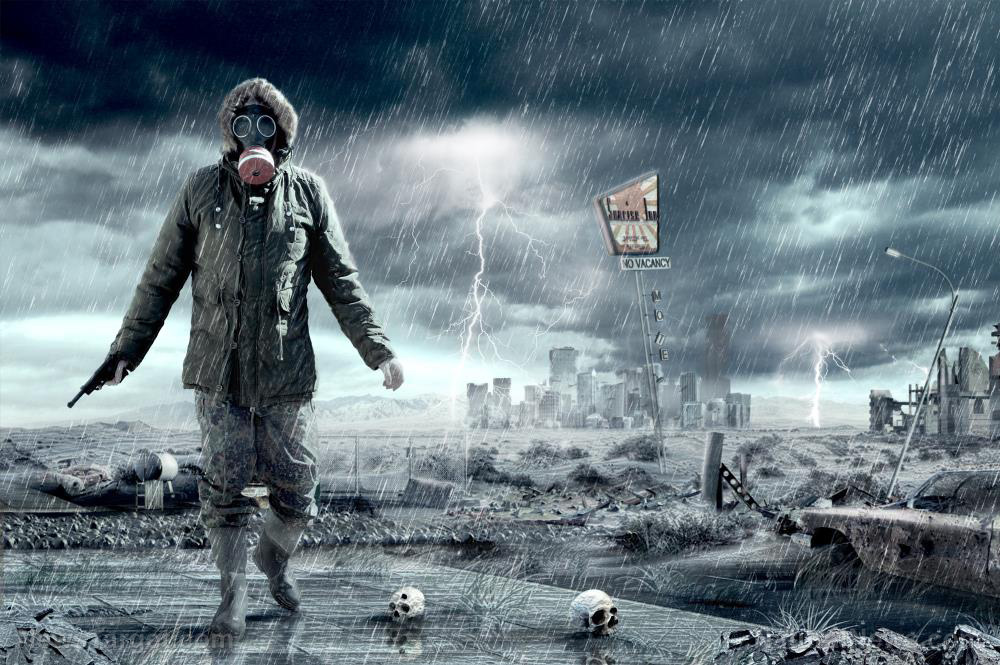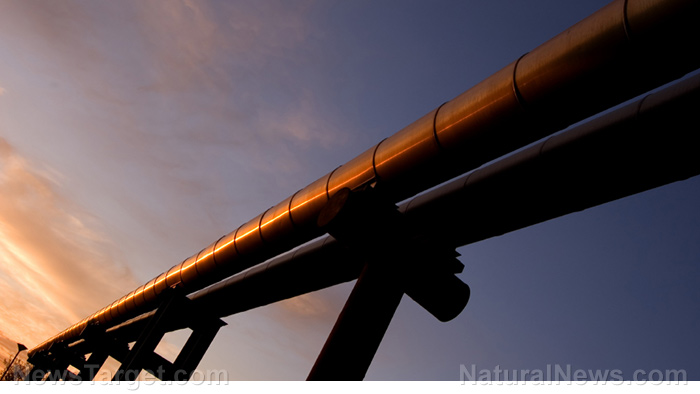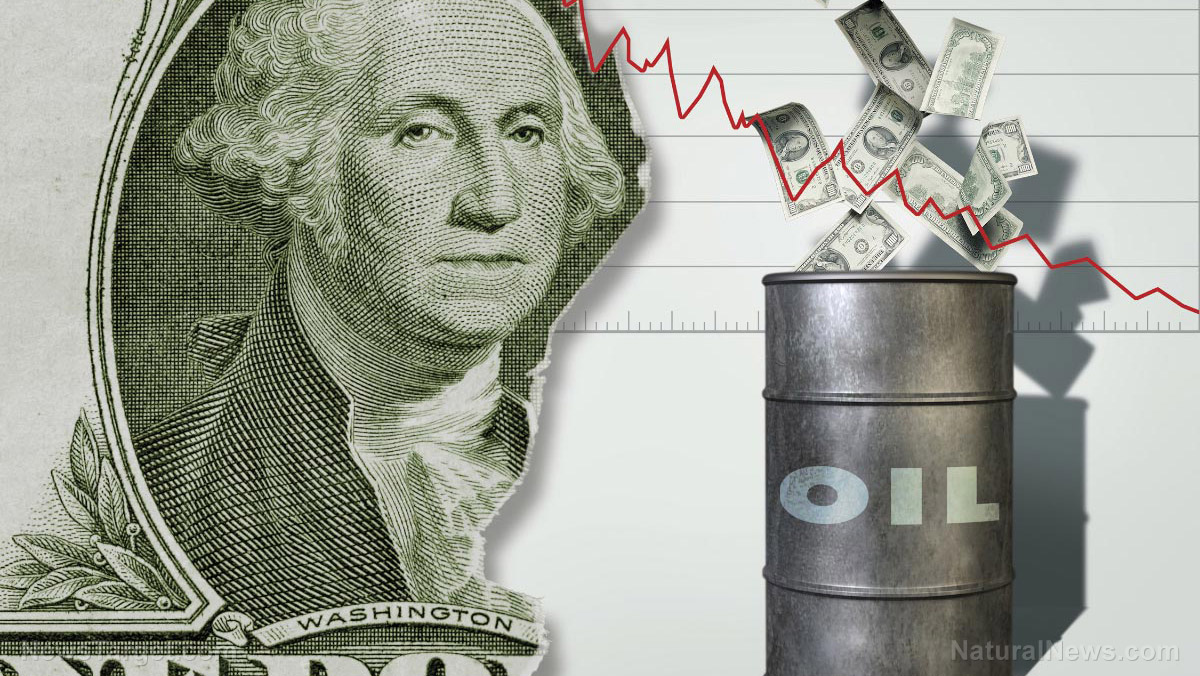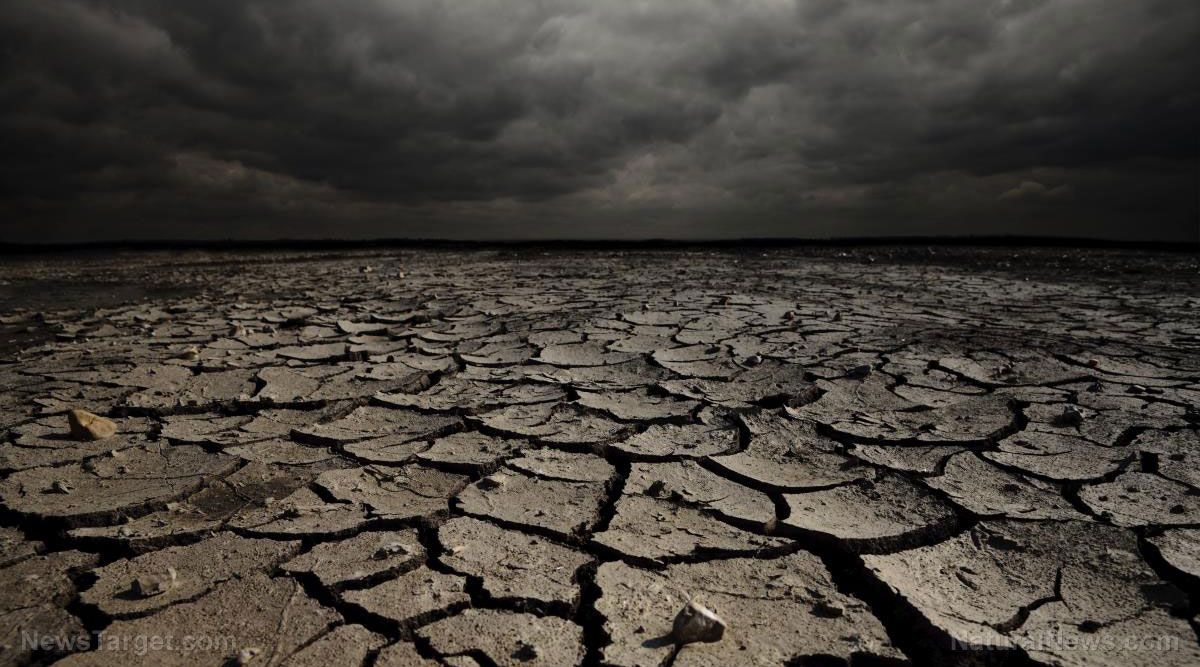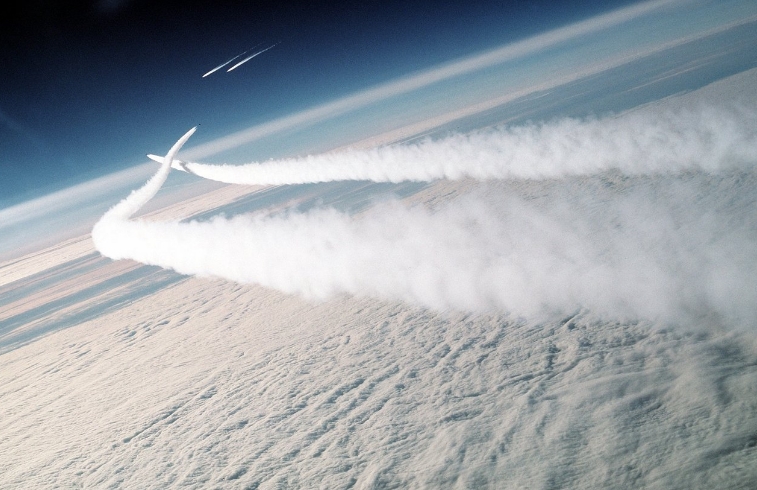Food prices skyrocketing on soaring agriculture futures as prices for lumber, gas and other commodities climb amid lingering pandemic
04/30/2021 / By JD Heyes

In recent months, tens of millions of Americans have noticed another fallout from the seemingly never-ending COVID-19 pandemic: Higher prices for the goods they purchase most often, including food.
Now for the really bad news: Things aren’t likely to improve anytime soon and in fact are probably going to get worse.
That is especially true for food.
Over the course of the past year, which tracks perfectly with the beginning of the pandemic and associated lockdowns, stay-at-home orders, business closures and work stoppages, ag futures have skyrocketed, leaving global food prices at their highest since 2014, Bloomberg News reports:
Corn, wheat, soybeans, vegetable oils: A small handful of commodities form the backbone of much of the world’s diet and they’re dramatically more expensive, flashing alarm signals for global shopping budgets.
This week, the Bloomberg Agriculture Spot Index — which tracks key farm products — surged the most in almost nine years, driven by a rally in crop futures. With global food prices already at the highest since mid-2014, this latest jump is being closely watched because staple crops are a ubiquitous influence on grocery shelves — from bread and pizza dough to meat and even soda.
But prices aren’t just rising on food, as bad as that is. A bevy of other consumer goods including raw materials such as lumber — needed to build houses and businesses — are also rising, along with energy costs as the world attempts to recover from being ‘closed’ due to the pandemic in an unprecedented over-reaction.
And as always, as costs for necessities like food and energy rise — gas prices are way up just since Joe Biden took office — the poorest Americans are being hurt the most. Families that have reduced income due to job losses or slowdowns are going to have the hardest time paying for what they need moving forward. And again, there isn’t a light yet at the end of the tunnel.
“There seems to be sort of a bullish force behind the prices internationally,” Abdolreza Abbassian, senior economist at the United Nations’ Food and Agriculture Organization, told Bloomberg News. “The indications are that there is very little reason to believe prices would remain at these levels. It’s more likely they will rise further. Hardship is still ahead.”
“The relentless rise in prices acts as a misery multiplier, driving millions deeper into hunger and desperation,” added Chris Nikoi, the World Food Program’s West Africa regional director, earlier this month. The worsening situation is “pushing a basic meal beyond the reach of millions of poor families who were already struggling to get by.”
Not everyone is upset that prices are rising, especially farmers who often operate at thin profit margins even in good times. But everyone has to eat, so as soybeans, cattle, corn, wheat and other ag commodities spiral upward, an already tough life is made tougher. For some, the choice becomes housing or eating.
“Corn prices have doubled in the past year, while soybeans are up about 80% and wheat 30%,” Bloomberg News reported. “With China’s purchases continuing and a spate of adverse weather conditions threatening crops in Brazil and the U.S., there are few signs of respite. Analysts including those at Rabobank, Mintec and HSBC Global Research all see a risk of even higher prices as a result, though it will vary across markets.
According to data, food prices globally have climbed for 10 straight months — again, a trend that can be directly tied to the pandemic — as energy prices continue to creep upward as well. As of this writing, oil prices were up again and the price of a barrel of crude was hovering between $62 and $66, depending on the origin — which translates into more expensive commutes, trips to the store and other travel.
The economy under President Trump was heading in the right direction. There were more than enough jobs, prices were stable, and our GDP was rising.
All that has now changed, thanks to the diabolical leftists who stole his reelection.
Sources include:
Submit a correction >>
Tagged Under:
agriculture, chaos, Collapse, commodities, copper, covid-19, food shortage, gasoline, inflation, Joe Biden, lumber, oil prices, pandemic, price increase, raw materials, risk, shortages
This article may contain statements that reflect the opinion of the author
RECENT NEWS & ARTICLES
COPYRIGHT © 2017 DISASTER NEWS

